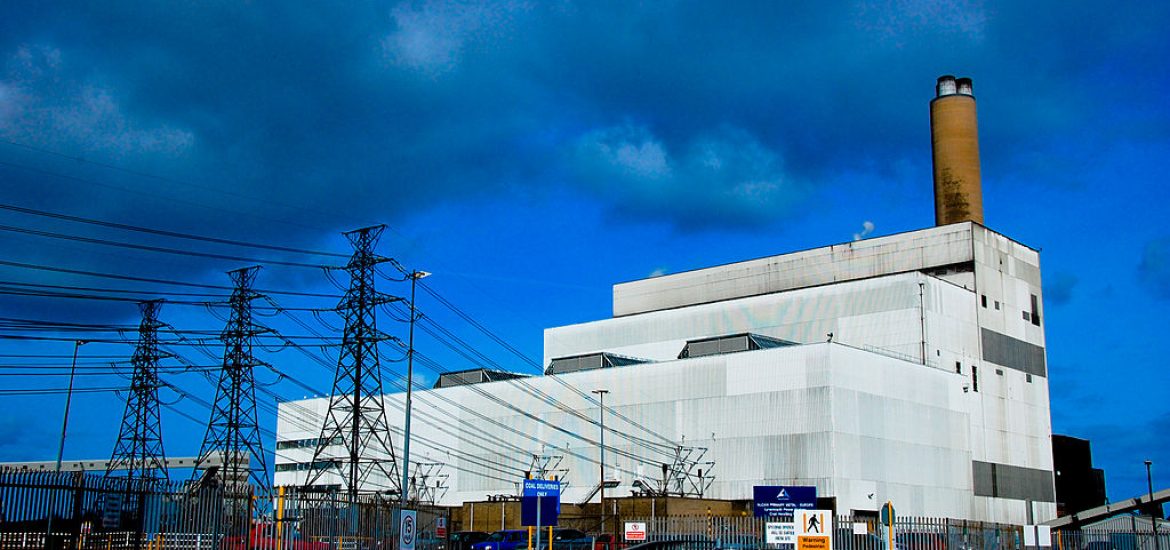
The Czech Republic’s utility firm EPH has acquired two solid biomass plants in Italy with a combined capacity of 73 megawatts (MW).
The deal makes EPH the most important group in Italy in renewable energy production from solid biomass.
EPH bought the Biomasse Italia and Biomasse Crotone plants from Api Nova Energia and Bioenergie, each holding a stake of 50 per cent.
EPH said it expected the two plants to have combined 2017 earnings before interest, tax, depreciation and amortisation of €50 million. The acquired businesses will add 67 direct staff to EPH’s growing workforce.
Marco Arcelli, EPH business development director, said: “We are proud of this acquisition, which confirms the international vocation of the group to sustain the ongoing energy transition, increasing the share of sustainable energy production.
“The use of biomass in the power production allows the plants to be programmable, differently from other renewable sources, and guarantees the safety of the power system, while securing important employment levels. Moreover, biomass could be the best tool to meet the goal of coal phase-out foreseen by the new National Energy Strategy, as proven in the UK and in Denmark,” Arcelli added.
The purchase, initially agreed at the end of October, is part of EPH’s expansion across European energy markets.
The announcement of the purchase targeting renewable energy comes shortly after EPH bolstered its position in Hungary with an agreement to jointly purchase a 72.6-per-cent majority stake in Hungary’s second biggest power generation company, Matra.
In 2016, EPH bought the 420MW Lynemouth coal-fired power station (pictured) in the UK from Germany’s RWE Supply and Trading, part of German utility giant RWE.
The British installation is intended to be converted to run on biomass as part of the UK’s coal “phase-out” programme. Once completed, Lynemouth is due to become one of the world’s biggest biomass power stations.
Coal-fired operations at Lynemouth in Northumberland were terminated in December 2015 in order to allow for its conversion. Upon completion, the biomass power station is expected to produce approximately 2.3 terawatt hours of low-carbon electricity or enough to power around 700,000 homes. It is expected to supply up to 390MW of electricity to the UK’s national grid.
The conversion project was initially due to be finished by early 2018.
Lynemouth coal-fired power station in Northumberland. Picture credit: Wikimedia





